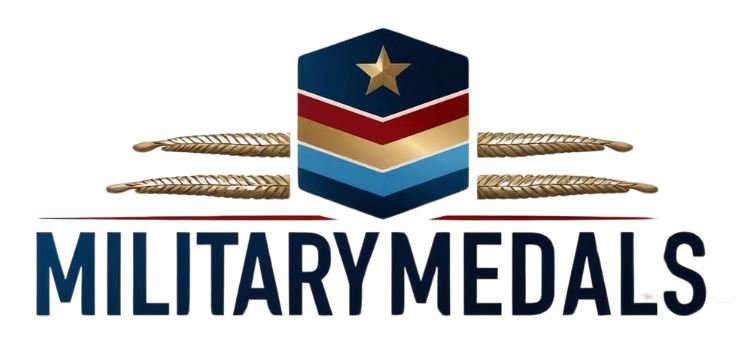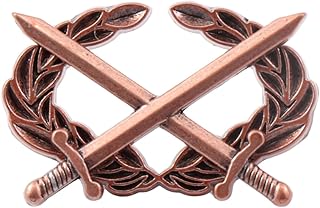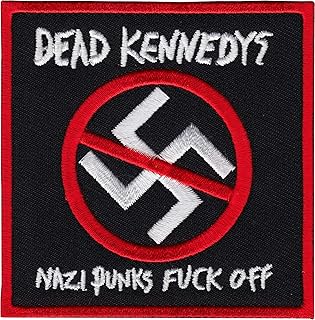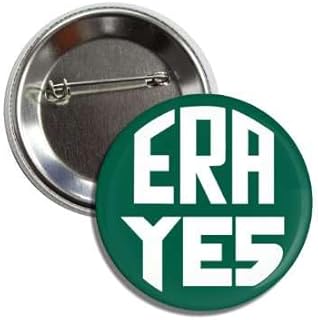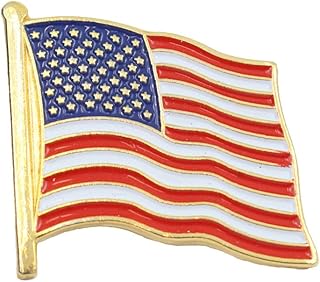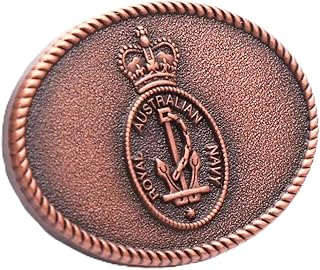An auction house in Glasgow is set to auction off replica Nazi memorabilia this week. McTear’s Auction House will be offering a collection of reproduction Third Reich badges and medals at an upcoming event. This decision has sparked controversy and raised concerns about the sale of items that represent a dark chapter in history.
The sale of such items has often been a subject of debate, with some arguing that Nazi memorabilia should be preserved in museums for educational purposes rather than being traded among collectors. The auctioning of replica Nazi memorabilia, in particular, has drawn criticism for potentially glorifying symbols associated with the genocide of millions of people, including six million Jews.
Organizations like the Campaign Against Antisemitism have been vocal about condemning the sale of Nazi memorabilia, both in the UK and abroad. Such actions are seen as insensitive and offensive, considering the historical significance and the atrocities committed under the Nazi regime.
Images of the items up for auction have circulated online, prompting strong reactions from individuals and groups advocating against antisemitism. The public display and potential commercialization of these symbols have reignited discussions about the ethics of trading in such sensitive historical artifacts.
While some argue that owning replica Nazi memorabilia is a way to remember history and honor the victims, others stress the importance of handling such items with sensitivity and respect. The debate surrounding the sale of Nazi memorabilia reflects broader concerns about how history is remembered and commemorated.
Instances of auction houses selling controversial items like Nazi memorabilia underscore the complexities of balancing freedom of expression and historical preservation with the need to show empathy and understanding towards those affected by past atrocities. The decision to sell replica medals and badges associated with the Third Reich raises questions about the responsibilities that come with dealing in such sensitive artifacts.
Experts in the field of historical preservation emphasize the importance of contextualizing and educating the public about the significance of items like Nazi memorabilia. By providing historical context and promoting dialogue around these artifacts, museums and educational institutions play a crucial role in shaping how such items are perceived and understood.
As the auction date approaches, the controversy surrounding the sale of replica Nazi memorabilia serves as a reminder of the ongoing relevance and sensitivity of historical artifacts linked to traumatic events. The discussions sparked by this auction highlight the need for continued reflection on how we engage with and interpret symbols of the past.
In conclusion, the auctioning of replica Nazi memorabilia by the Glasgow auction house raises important questions about the ethical considerations involved in trading such artifacts. The public response to this event underscores the enduring impact and significance of historical symbols and the responsibility that comes with handling them in a respectful and informed manner.
📰 Related Articles
- Toronto’s Tiny House Listing Sparks Controversy Amid Market Surge
- Controversy Erupts Over Nazi Memorabilia at Lambertville Flea Market
- Black Metal Band Sparks Controversy with Semen Sale
- Whip Controversy Surrounding Jockey Alvarado’s Kentucky Derby Win Sparks Debate
- Verstappen-Russell Clash Rocks Formula 1: Penalty Sparks Controversy
